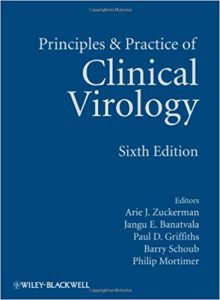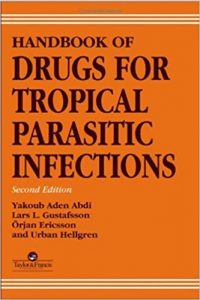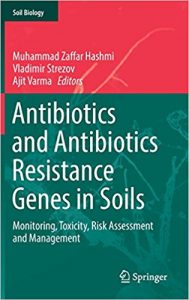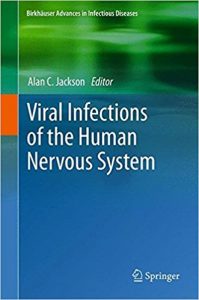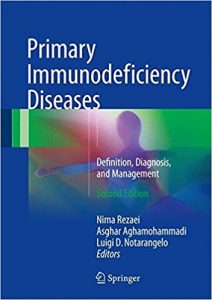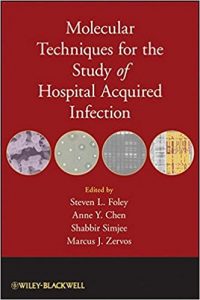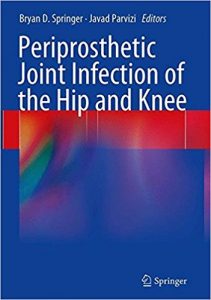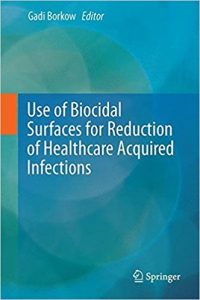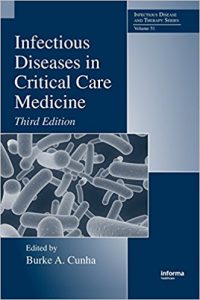Moffet’s Pediatric Infectious Diseases: A Problem-Oriented Approach Fourth Edition
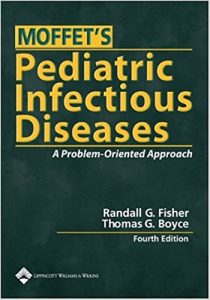
[amazon template=iframe image2&asin=0781729432]
Unlike many texts, which are organized by disease or pathogen, this unique resource presents a problem-oriented approach to the diagnosis and management of infectious diseases in children.
All chapters are organized by anatomic syndrome and guide you through each step in the management process from classifying the patient’s illness to recognizing life-threatening emergencies, developing a logical differential diagnosis, pinpointing the disease, and treating the patient.
All the features you’ve come to trust…
- Patient-oriented approach helps you focus on the patient rather than the pathogen, and offers a complete review of the diagnostic and treatment process.
- Step-by-step guidelines take you logically from evaluation and work-up to diagnosis and therapeutic decision-making.
- Expert authors combine the scientific integrity and practicality established by Dr. Moffet, with the latest advances and their own authoritative views.
Plus a wealth of NEW MATERIAL…
- More comprehensive coverage includes greater detail in all subject areas, as well as new material on pathogens identified since the last edition—including SARS-coronavirus, hantavirus, human metapneumovirus, West Nile virus, and potential agents of bioterrorism.
- More treatment-centered approach helps you focus on the therapeutic process—from diagnostic evaluation and testing to treatment selection.
- All chapters have been extensively revised and updated, and two new chapters have been added addressing HIV Infection and AIDS, and Congenital Immune Deficiency Syndromes.
Discover a patient-centered approach to pediatric infectious disease management. Order your copy of Moffet’s Pediatric Infectious Diseases, Fourth Edition today!

